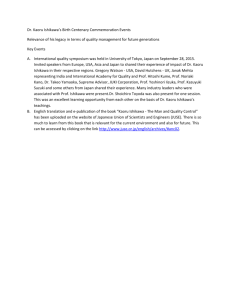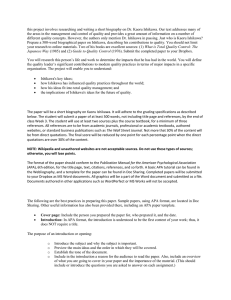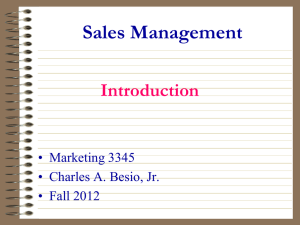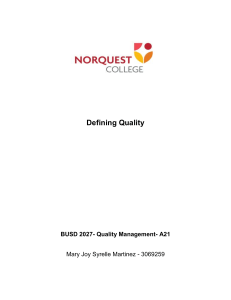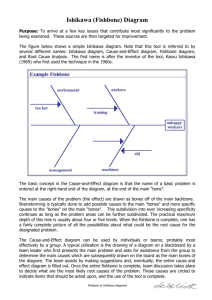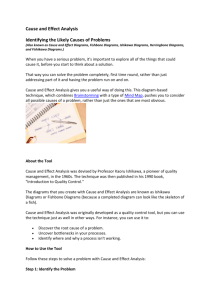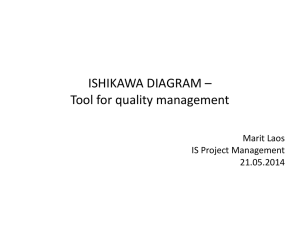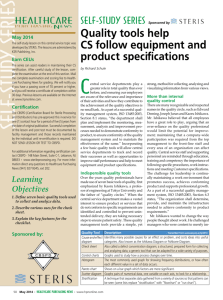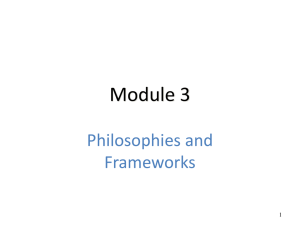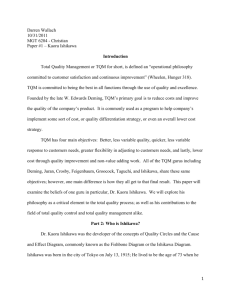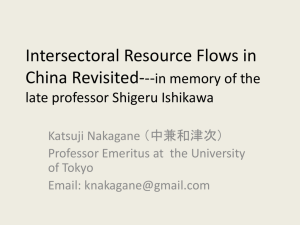Dr. Kaoru Ishikawa and his influence in promotion of quality around
advertisement
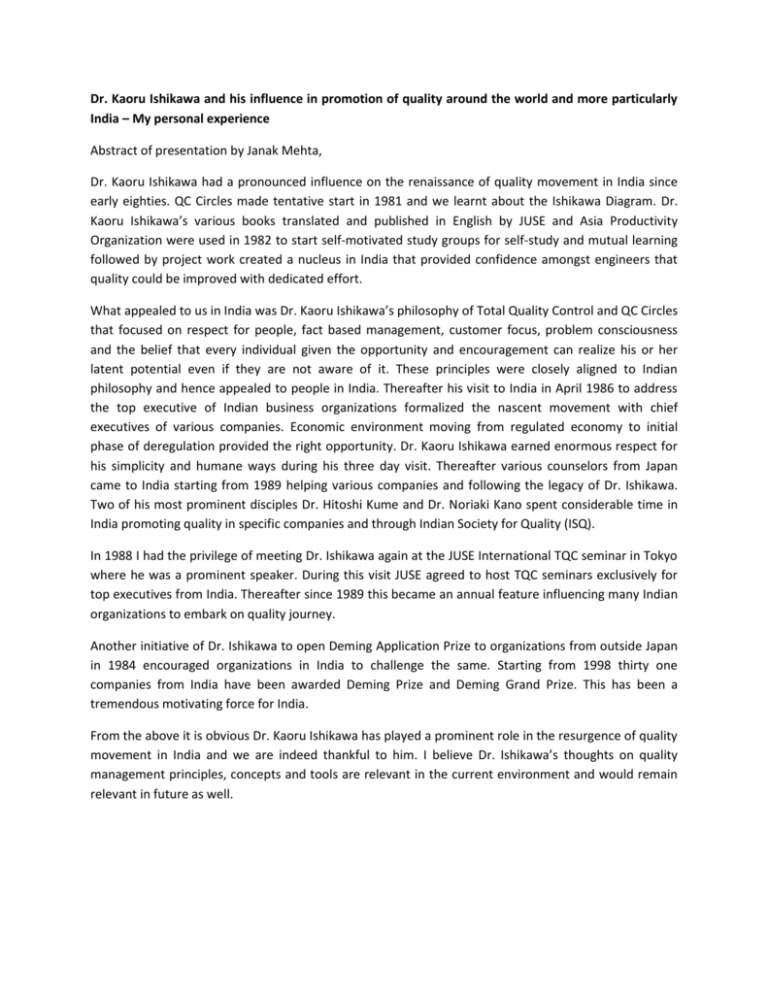
Dr. Kaoru Ishikawa and his influence in promotion of quality around the world and more particularly India – My personal experience Abstract of presentation by Janak Mehta, Dr. Kaoru Ishikawa had a pronounced influence on the renaissance of quality movement in India since early eighties. QC Circles made tentative start in 1981 and we learnt about the Ishikawa Diagram. Dr. Kaoru Ishikawa’s various books translated and published in English by JUSE and Asia Productivity Organization were used in 1982 to start self-motivated study groups for self-study and mutual learning followed by project work created a nucleus in India that provided confidence amongst engineers that quality could be improved with dedicated effort. What appealed to us in India was Dr. Kaoru Ishikawa’s philosophy of Total Quality Control and QC Circles that focused on respect for people, fact based management, customer focus, problem consciousness and the belief that every individual given the opportunity and encouragement can realize his or her latent potential even if they are not aware of it. These principles were closely aligned to Indian philosophy and hence appealed to people in India. Thereafter his visit to India in April 1986 to address the top executive of Indian business organizations formalized the nascent movement with chief executives of various companies. Economic environment moving from regulated economy to initial phase of deregulation provided the right opportunity. Dr. Kaoru Ishikawa earned enormous respect for his simplicity and humane ways during his three day visit. Thereafter various counselors from Japan came to India starting from 1989 helping various companies and following the legacy of Dr. Ishikawa. Two of his most prominent disciples Dr. Hitoshi Kume and Dr. Noriaki Kano spent considerable time in India promoting quality in specific companies and through Indian Society for Quality (ISQ). In 1988 I had the privilege of meeting Dr. Ishikawa again at the JUSE International TQC seminar in Tokyo where he was a prominent speaker. During this visit JUSE agreed to host TQC seminars exclusively for top executives from India. Thereafter since 1989 this became an annual feature influencing many Indian organizations to embark on quality journey. Another initiative of Dr. Ishikawa to open Deming Application Prize to organizations from outside Japan in 1984 encouraged organizations in India to challenge the same. Starting from 1998 thirty one companies from India have been awarded Deming Prize and Deming Grand Prize. This has been a tremendous motivating force for India. From the above it is obvious Dr. Kaoru Ishikawa has played a prominent role in the resurgence of quality movement in India and we are indeed thankful to him. I believe Dr. Ishikawa’s thoughts on quality management principles, concepts and tools are relevant in the current environment and would remain relevant in future as well.
